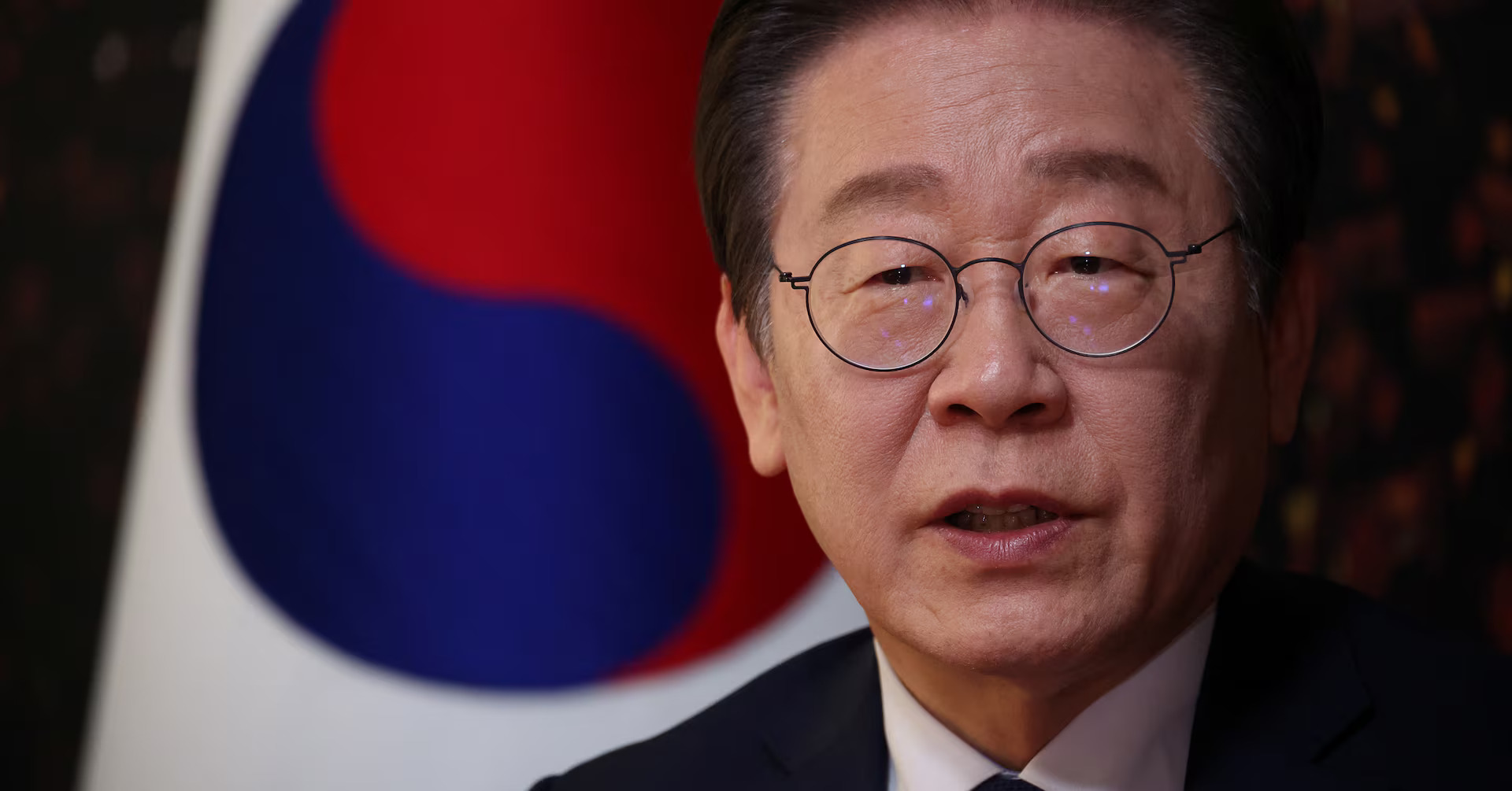South Korean President Yoon Suk Yeol issued a public apology on Saturday for his brief declaration of martial law earlier in the week, acknowledging that it caused widespread anxiety and disruptions among the public. In a televised address, Yoon expressed regret for the decision, calling it a response to his desperation, and assured the nation that he would not attempt to impose martial law again. He also emphasized that he would leave it to his party to navigate the current political turmoil, including addressing issues related to his presidency.
The declaration of martial law had occurred on Tuesday when Yoon described the National Assembly as a “den of criminals” obstructing government work, vowing to eliminate North Korean sympathizers and anti-state forces. His decision led to widespread protests, with demonstrators taking to the streets of Seoul, demanding his removal. The martial law was rescinded within hours after the National Assembly unanimously voted to overturn it, and the military withdrew after surrounding the parliament and deploying special forces troops and helicopters.

South Korea Faces Turmoil as President Yoon Apologizes for Martial Law and Impeachment Looms
Amid these developments, a motion to impeach President Yoon was brought before the National Assembly by opposition lawmakers, who accused him of attempting a self-coup by declaring martial law. The opposition parties, which hold 192 of the 300 legislative seats, need eight more votes from Yoon’s conservative People Power Party to meet the two-thirds majority required for impeachment. A parliamentary vote on the motion is scheduled for Saturday afternoon.
If Yoon is impeached, his powers will be suspended until the Constitutional Court rules on the matter, with Prime Minister Han Duck-soo temporarily taking over his presidential duties. Should Yoon be removed from office, a presidential election must be held within 60 days. Han has called for Yoon’s resignation, stating that the president is unfit to continue in office due to the severity of his actions and the resulting crisis.
Yoon’s controversial martial law declaration has been accompanied by serious allegations. It has been reported that, during the period of martial law, the president ordered the arrest and detention of key political figures, including opposition leader Lee Jae-myung and National Assembly Speaker Woo Won Shik, on charges of anti-state activities. These actions have further fueled calls for his resignation and impeachment, creating a political crisis in South Korea.
